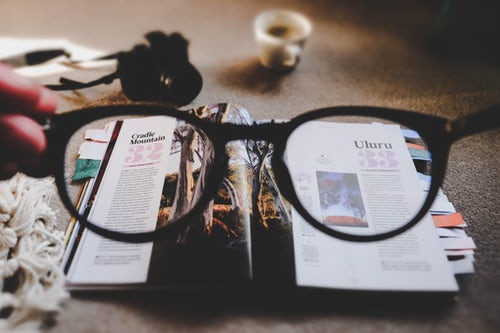Develop Research skills| ATL
According to Marcus Aurelius-
“Research is the ability to investigate systematically and truly all that comes under your observation in life”
Research – The word itself signifies Re- Repeat Search – Your finding
Research skill is a skill of finding reliable information, organizing it and understanding its applicability in different situation. It involves intensive search of information from various sources and its interpretation (media literacy). This information is then evaluated by the researcher and presented in different forms depending on its use in different situation. (Considered as information literacy).
Media and information literacy as two different but closely associated aspects of research skill. A skill which is not only important for an IB student but for all individual as it revolves around collecting, interpreting and using information wisely for society. The rate at which technology is developing this skill needs to be taught at an early age of PYP and then groomed as the child moves to MYP and DP.
Development of research skill should start with better understanding of media literacy as child first comes across various information through media like you tube, TV, magazines. Viral videos and advertisement. As a facilitator of PYP we need to make child aware of these different media sources and help them interpret what they see and hear in a right direction. This will also make them inquirer and thinker and provide them opportunity for integrating knowledge in real life.
However media literacy is not a stand-alone skill it is accompanied with information literacy where the child should also be able to evaluate the quality, credibility and validity of websites and learn to give proper citation of information used (Academic honesty in terms of IB). These two terms have a common goal to accomplish, they cultivate literate who can make informed choices.
How Research skills develops the personality?
Research skills enables to learn the technique of evaluating an information by critical thinking. It trains the brain to interpret the information and the source rather than being controlled by the information. This skill makes open-minded and teaches to appreciate different perspective on the same scenario. It prepares an IB student to be an independent problem solver and lifelong learner.
Research skills motivates curiosity and develops the habit of questioning encouraging inquiry based learning. The researcher is then able to build connections in the curriculum, therefore teaching this skill automatically brings articulation of curriculum into existence.
Role of facilitator in developing Research skills-
- Motivate students to locate, analyze and use information.
- Ask questions, paraphrase and talk about the collected information to develop critical thinking.
- Give opportunities to present information in different forms
- Let students evaluate the information by encouraging group discussion.
- Give students an opportunity to connect information with different situations.
- Give time to reflect on their research.
Tips to develop research skills-
- Let students conduct research on the same topic using different key words. This will help them understand the importance of key word in a search engine.
- Encourage students to go beyond surface while researching. Many students only check top 2 or 3 sites, but they need to understand the ranking of websites is not based on content only. They may find some useful and relevant information on 2 and 3 page of search engine also.
- Always make sure to check the currency (Is the information up to date?), security (Does the site ask for too much personal information or prompt virus warnings?), scope (Is the information in-depth?), and authority (Does the information come from a trusted expert?).
- Encourage the use of variety of resources rather than just relying on websites, like books, journals, articles, magazines, database.
- Each and every information should be cited.
- Lastly but most important is the key for the development of Research skill is – PATIENCE
